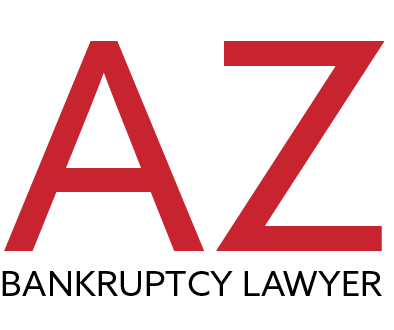Bankruptcy Lawyer
Bankruptcy can offer you a chance to regain control of their finances. However, it’s important to understand the nuances between Chapter 7 and Chapter 13 bankruptcy.
In this article, we’ll delve into the distinctions between these two chapters and emphasize the importance of seeking guidance from a bankruptcy specialist. We’ll also address the common misconception regarding your outstanding debts (including taxes) and we’ll explain how a lawyer can provide invaluable support throughout the bankruptcy process.
What Are The Key Differences Between Chapter 7 And Chapter 13 Bankruptcy?
Chapter 7, often known as “liquidation bankruptcy,” involves the sale of non-exempt assets to repay debts. As a bankruptcy lawyer like our friends at Eric Lindh Foster Law, LLC can explain, Chapter 7 allows for the discharge of most debts, providing a relatively swift resolution to financial struggles.
On the other hand, Chapter 13, referred to as “reorganization bankruptcy,” permits individuals to retain their assets while adhering to a court-approved payment plan. It is particularly suitable for those with a regular income who can gradually repay their debts over a three-to-five-year period.
If I File For Chapter 7 Bankruptcy, Do I Still Need To Pay Off My Taxes?
In most cases, taxes are considered non-dischargeable debts in Chapter 7 bankruptcy. This means you’ll still be responsible for repaying any outstanding tax obligations. However, it’s important to consult with a bankruptcy lawyer who can assess your specific situation and explore potential exceptions. These exceptions might include discharging older tax debts or demonstrating the absence of tax fraud convictions and property liens.
Are There Any Other Debts That Must Be Paid Off Despite Filing For Bankruptcy?
Besides taxes, several other types of debts are typically non-dischargeable in bankruptcy. These include student loans, child or spousal support obligations, fines owed to the government, and debts arising from personal injury that were caused because you were intoxicated. Additionally, any luxury goods purchased on credit within 90 days of filing for bankruptcy are usually not dischargeable.
How Can A Bankruptcy Lawyer Assist During The Bankruptcy Process?
The right lawyer plays a vital role in navigating the complexities of the bankruptcy system. Your legal team can provide invaluable support by offering expert guidance, helping you with paperwork and documentation, and developing a case evaluation and strategy tailored to your specific circumstances. They ensure that you make informed decisions, accurately complete and submit necessary forms, and optimize the benefits of filing for bankruptcy.
Why Is It Important To Consult A Bankruptcy Lawyer?
You should contact a bankruptcy specialist for several reasons. They can provide tailored advice based on your unique financial situation, and ensure that you understand your options. This helps you make an informed decision as you move forward.
Your lawyer can also offer legal representation, protecting your rights and negotiating with creditors on your behalf. He or she can navigate the complexities of bankruptcy laws and procedures, simplifying the process and guiding you through each step with confidence.
Understanding the differences between Chapter 7 and Chapter 13 bankruptcy is crucial when considering personal bankruptcy. It’s important to consult with a bankruptcy lawyer who can provide personalized guidance and support throughout the process. Seek the expertise of a bankruptcy lawyer to navigate the complexities of the bankruptcy system and pave the way for a fresh financial start.

